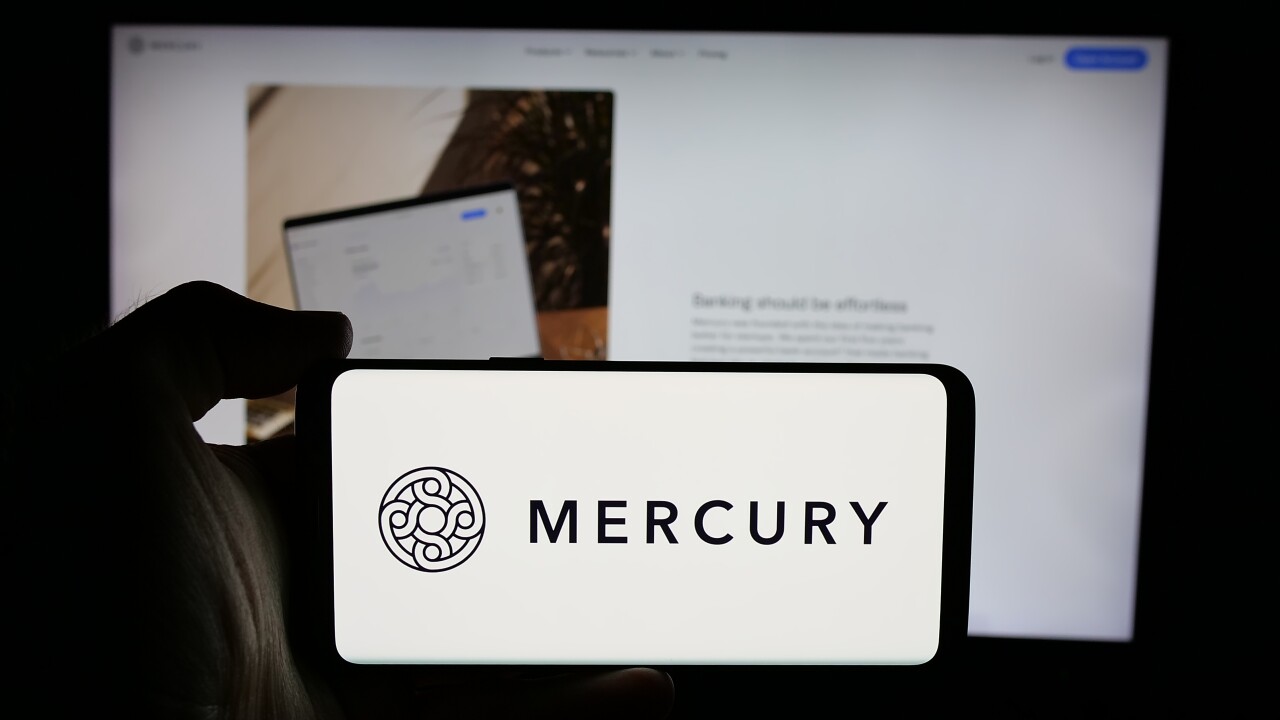Private businesses are beginning to embrace the Reserve Bank of India's plan to create competition in the country's retail digital payment space, seeking new licenses to develop alternatives to the state-owned National Payments Corp. of India system.
RBI's approval last summer of the new umbrella entities (NUE) licensing system encourages private participation in retail digital payments, while further developing the system infrastructure. The bank seeks an end result in which varied digital payments options unfold in India, a country that began its move away from cash five years ago with the creation of the Unified Payments Interface network.
While some in India fear the establishment of the licenses could create
"With rising digital payments, granting NUE licenses to private players will ease payment settlement burden on the National Payments Corporation of India (NPCI) and stimulate competition," Shivani Gupta, banking and payments senior analyst at GlobalData, stated in a Monday press release.

Unlike NPCI, which is a non-profit entity, the new umbrella entities will be profit-driven in charging fees for online transactions. That element has attracted Indian businesses like Reliance and Tata, as well as global retail and tech providers Amazon, Facebook and Google.
Last month, six consortiums led by Reliance Industries, Tata Group, Axis-ICIC Bank, Paytm, India Post and fintech startup iserveU submitted applications to the RBI for licenses.
A consortium led by Axis and ICIC Bank includes BillDesk, Pine Labs, Amazon and Visa. At the same time, Google and Facebook are part of the consortium through Reliance Industries.
Approval of the license applications is expected later this year, and private companies seeking a role in India payments would target 2022 as a development year with potential for product launches.
UPI has changed the payments network in India, with the capability of processing large volumes of day-to-day transactions that have shifted to the network. The system allows consumers to make payments quickly from a mobile phone using a recipient's mobile phone number or a QR code without sharing any financial data.
According to NPCI, the UPI transactions have grown from $951 million in its first year in 2017 to an expected $561 billion in 2021. Much of it driven by the global pandemic, transaction volume for the mobile network increased from 17.9 million in 2017 to 22.3 billion forecast for 2021.
The central bank viewed the concentration of such a large number of transactions on only one platform as a risk, and felt that inviting private companies to develop more options for consumers was the proper way to address it, GlobalData stated.
"The surge in smartphone penetration and rising payment infrastructure, particularly QR code use among merchants, as well as the availability of mobile payment solutions, have helped consumers embrace digital payments in recent years," Gupta said.
"The entry of NUEs will further intensify competition and increase innovation in the digital payment space," she added. "However, risks around consumer financial data are something that needs to be addressed to gain trust from customers."





